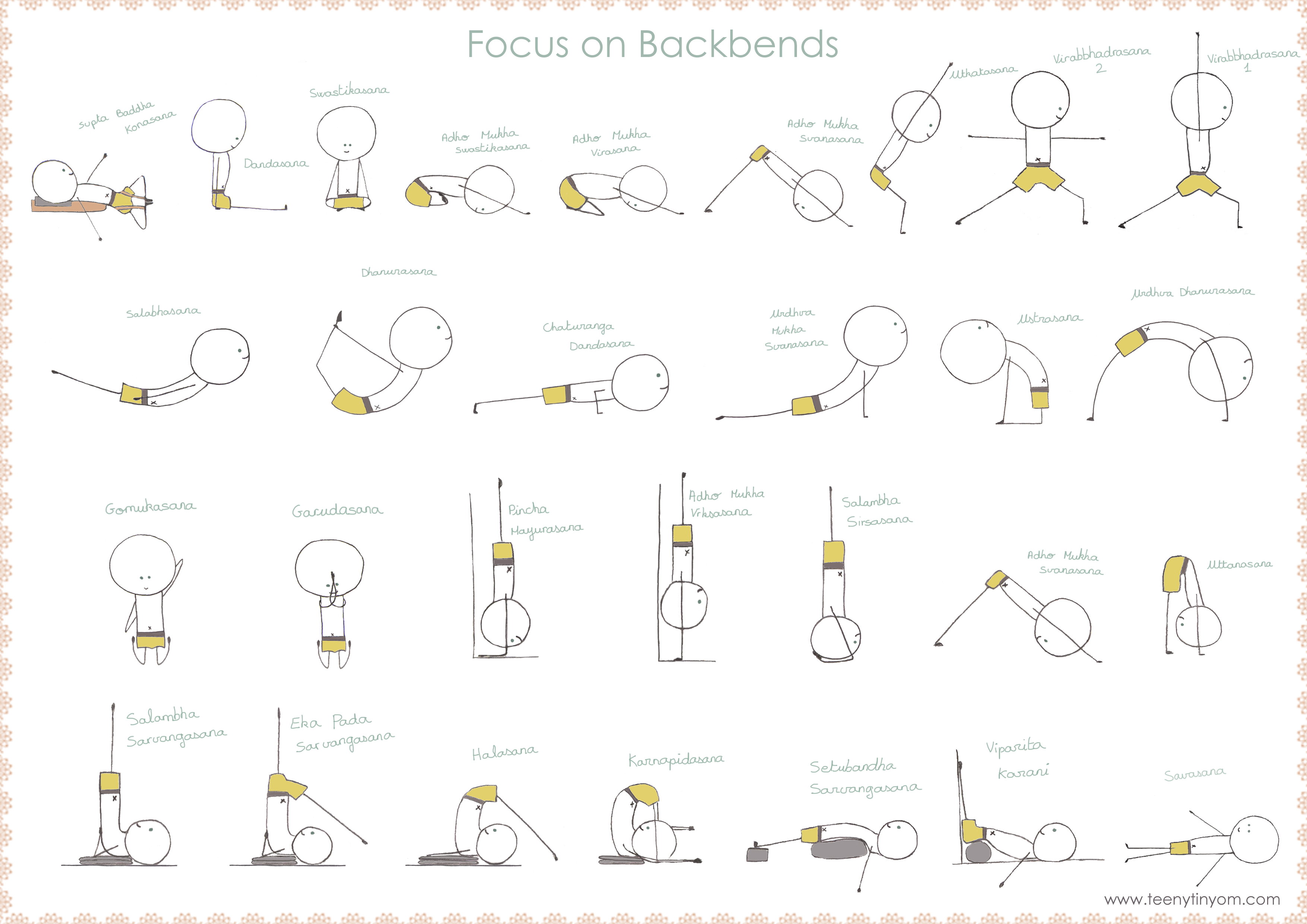Tuesday, May 18, 2010
Meyer-Briggs Results
I'm exhausted. Between weekly Iyengar yoga classes, psychology workshops, cello lessons, book club, learning healthy cooking and researching and planning for grad school...I feel very excited and yet overwhelmed. I took the Meyer-Briggs test about a week ago and sat in a one hour consultation over my results. I have a INFJ (Introvert Intuition Feeling Judging) personality. Let me first begin my explaining what exactly the Meyer-Briggs tests in detail. The Meyer-Briggs test shows you an in-depth description of your personality preferences using Carl Jung's theory of psychological types which contains 8 parts:
1. How we gain energy (Extraversion or Introversion)
2. Gather or become aware of information (Sensing or Intuition)
3. Decide or come to a conclusion about that information (Thinking or Feeling)
4. Deal with the world around us (Judging or Perceiving)
Underlying the different psychological types are 5 different facets of each.
• Introversion (I) . Extraversion (E)
(I) Receiving: Reserved, low-key, are introduced
(E) Expressive: Demonstrative, easier to know, self-revealing
(I) Intimate: Seek intimacy, one-on-one, find individuals
(M) Active-Reflective: Interactive, want contact, listen and speak & Onlooker, prefer space, read and write
(E) Enthusiastic: Lively, energetic, seek spotlight
• Sensing (S) . Intuition (N)
(N) Abstract: Figurative, symbolic, intangible
(N) Imaginative: Resourceful, inventive, seek novelty
(N) Conceptual: Scholarly, idea-oriented, intellectual
(M) Experiential-Theoretical: Hands-on, empirical, trust experience & Seek patterns, hypothetical, trust theories
(N) Original: Unconventional, different, new and unusual
• Thinking (T) . Feeling (F)
(M) Logical-Empathetic: Impersonal, seek impartiality, objective analysis & Personal, seek harmony, central values
(T) Reasonable: Truthful, cause-and-effect, apply principals
(T) Questioning: Precise, challenging, want discussion
(M) Critical-Accepting: Skeptical, want proof, critique & Tolerant, trusting, give praise
(T) Tender: Gentle, tender-hearted, means-oriented
• Judging (J) . Perceiving (P)
(M) Systematic-Casual: Orderly, structured, dislike diversions & Relaxed, easygoing, welcome diversions
(P) Open-Ended: Present-focused, go with the flow, make flexible plans
(J) Early Starting: Motivated by self-discipline, steady progress, late start stressful
(M) Scheduled-Spontaneous: Want routine, make lists, procedures help & Want variety, enjoy the unexpected, procedures hinder
(J) Methodical: Plan specific tasks, note subtasks, organized
I remember one of the ideas said to me was that I needed to be more "Feeling" when it comes to myself. I need to be more Compassionate, Accommodating, and Accepting of myself.
*The bottom line, everyone is different and there's no one right way to be. However, recognizing what your personality is can be helpful in your life and in understanding other people's differences.
Some other interesting traits of INFJ:
• Live in a world of hidden meanings and possibilities
• Orderly and systematic in their outer world
• Some signs of disarray in an otherwise orderly tendency
• Typically difficult to understand
• Situation which are charged with conflict may drive the normally peaceful INFJ into a state of agitation or charged anger
• Stubborn
• Perfectionist who doubts that they are living up to their full potential
• Rarely at complete peace with themselves - there's always something else they should be doing to improve themselves and the world around them
• Believe in constant growth, and don't often take time to revel in their accomplishments
• Strong value systems, and need to live in their lives accordance with what they feel is right
• Workplace: creative and somewhat independent
• Not good at dealing with minutia or very detailed tasks
Using my type effectively:
• If you rely too much on your intuition, you are likely to miss the relevant facts and details and what past experience might suggest.
• Later on in life, you may report greater pleasures in tasks that require attention to facts and details and in using logical analysis in problem solving.
• Try to modify my Abstract approach (in-preference) by considering important facts and details you may have missed (Concrete).
• If I need to adapt my way of getting things done (Judging), try using my Scheduled-Spontaneous approach by asking myself if this situation calls for maintaining a routine (Scheduled) or whether staying open to the unexpected (Spontaneous) might lead to better results.
Subscribe to:
Post Comments (Atom)
Iyengar Yoga Sequencing
While looking for an image for this blog post, I stumbled upon this excellent yoga blog with great sequences and cute drawings! I alrea...

-
Alright, I feel like going back to the beginning of The Tree of Yoga, (Note: I used "tree" in the blog title because of my nickna...
-
The first four Sutras in the first section, I. Samadhi Pada , define Yoga. How to read the following Sutras: First, the italicized phrase is...

No comments:
Post a Comment